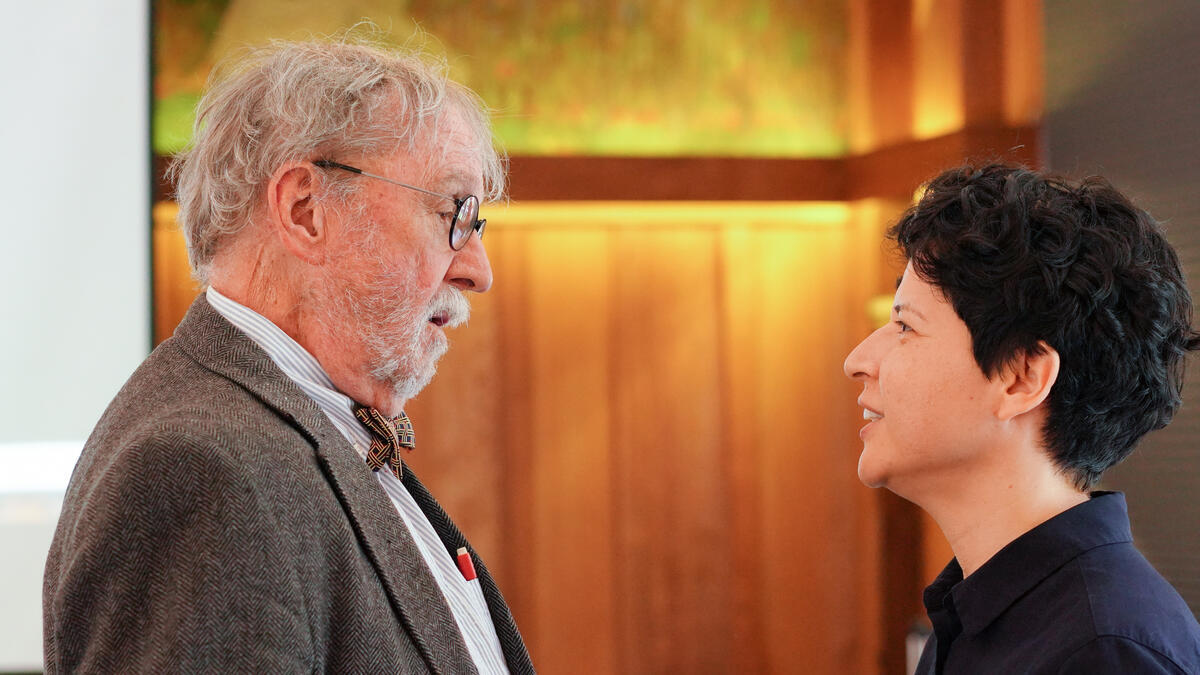The George A. Miller Scholars Program provides outstanding California Community College transfer students the opportunity to develop leadership, research, and community service skills and apply them in practice. Every year, ten low-income, first-generation transfer students are selected based on their leadership potential, academic excellence, and commitment to community service and education. As a close-knit group of students, Miller Scholars participate in the program for two years and receive individualized attention and guidance to help them transition to UC Berkeley, succeed academically, and develop skills to ensure long-term success. Based on financial need, Miller Scholars receive up to $7,000 in scholarship for Fall/Spring each year, and up to $2,000 for the summer between year one and year two.

Eligible students are contacted via email in early June and asked to complete an online application. If you meet the criteria below and have committed to UC Berkeley as a new transfer student, make sure to check your email for the invitation. If you feel you meet the criteria below, but did not receive an invitation, please contact us at millerscholars@berkeley.edu.
To be considered for the Miller Scholars Program, prospective applicants must meet each of the following criteria:
- Demonstrate financial need (Pell or Dream eligible).
- Be a first-generation college student, defined as a student whose parent(s) did not earn a baccalaureate degree or its equivalent.
- Be a U.S. citizen or permanent resident (or otherwise eligible for federal financial aid), or eligible for the California Dream Act.
In addition to meeting eligibility criteria, Miller Scholars applicants must also meet the following requirements:
- You must be a transfer student admitted to UC Berkeley for either the Fall 2025 or Spring 2026 semester.
- You must enroll in and attend a weekly seminar each semester of the two-year program.
- During the Summer 2026 semester, you must be available to spend approximately 20 hours per week on your research or community service project and attend a weekly seminar.
